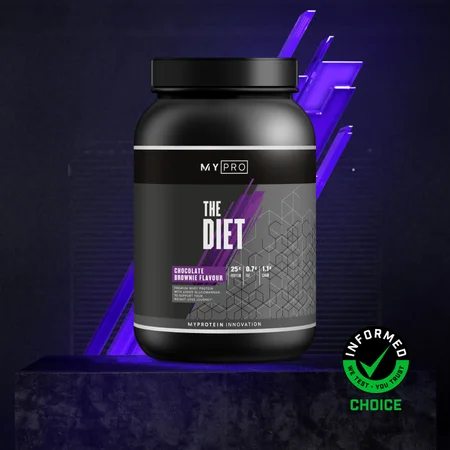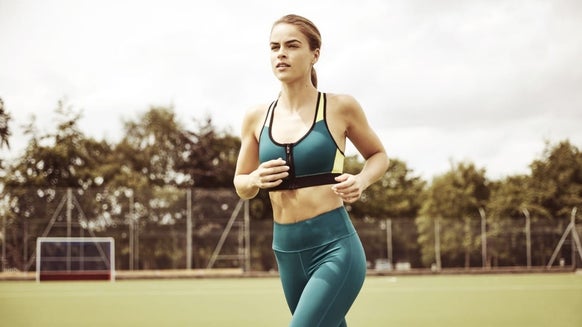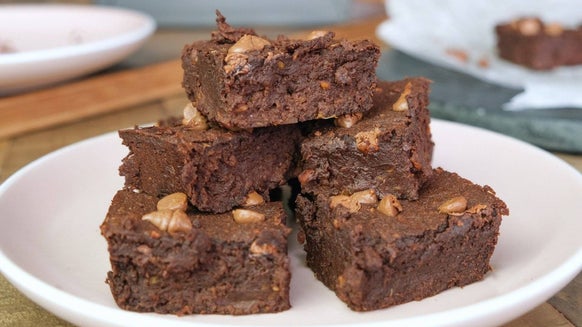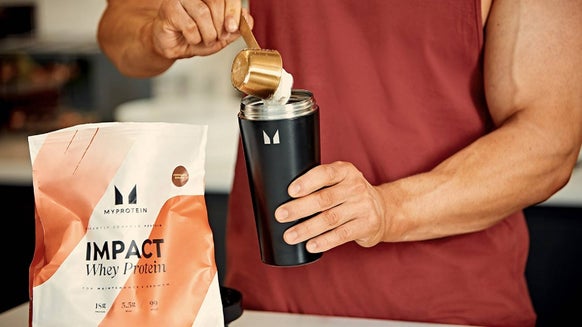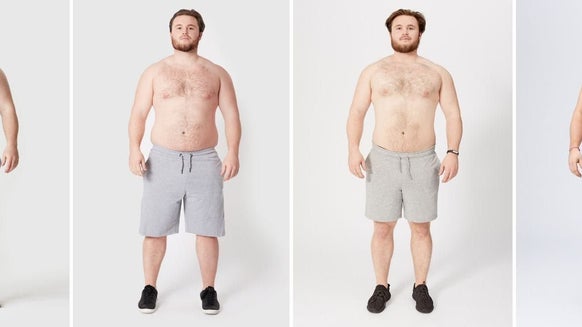
Tipp #1 gegen Heißhunger: Iss Lebensmittel, die du liebst

Tipp #2 gegen Heißhunger: Kein zu großes Kaloriendefizit

Tipp #3 gegen Heißhunger: Iss genügend Fett

Tipp #4 gegen Heißhunger: Iss genügend Kohlenhydrate & Ballaststoffe

- Kohlenhydrate aus Vollkorn
- (Grünes) Gemüse
und/oder Flohsamenschalen (ein auf Ballaststoffen basierendes Nahrungsergänzungsmittel, welches eine höhere Sättigungswirkung herbeiführt)
Tipp #5 gegen Heißhunger: Iss genügend Protein

Fleischesser
- Hähnchen und Pute, rotes Fleisch, Eier und Eiklar
Vegetarier & Veganer
- Hülsenfrüchte und Getreide, Nüsse, grünes Gemüse
Tipp #6 gegen Heißhunger: Vermeide Übertraining

Tipp #7 gegen Heißhunger: Lass dich nicht von Gewichtsschwankungen und Plateaus unterkriegen

Tipp #8 gegen Heißhunger: Erstelle einen Plan & tracke deinen Gewichtsverlust

Abschließende Worte
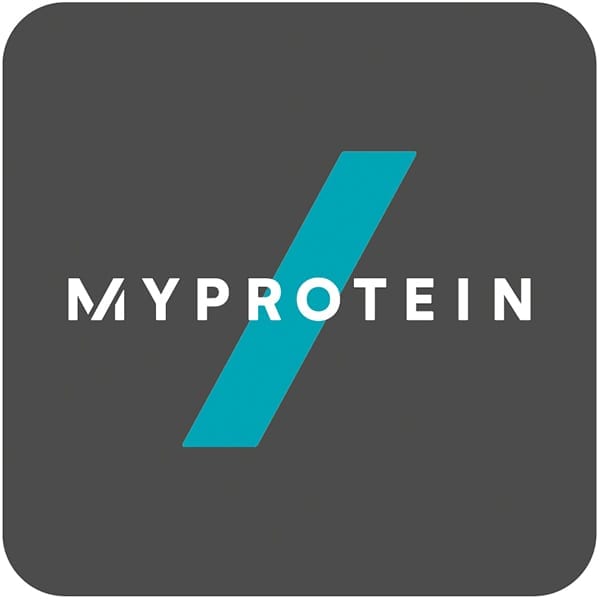
[1] NHS: Binge Eating. URL: http://www.nhs.uk/conditions/Binge-eating/pages/introduction.aspx. [2] Smith, CF., et al. (1999): Flexible vs. Rigid dieting strategies: relationship with adverse behavioral outcomes. In: Appetite. URL: http://www.ncbi.nlm.nih.gov/pubmed/10336790. [3] CompleteHumanPerformance.com: Flexible Dieting Week 1. URL: http://www.completehumanperformance.com/flexible-dieting-week-1-how-to-eat-a-healthy-diet/. [4] Klok, MD. / Jakobsdottir, S. / Drent, ML. (2007): The role of leptin and ghrelin in the regulation of food intake and body weight in humans: a review. In: Obes Rev. URL: http://www.ncbi.nlm.nih.gov/pubmed/17212793. [5] Institue of Medicine: Dietary Reference Intakes for Energy, Carbohydrate, Fiber, Fat, Fatty Acids, Cholesterol, Protein, and Amino Acids. URL: https://iom.nationalacademies.org/Reports/2002/Dietary-Reference-Intakes-for-Energy-Carbohydrate-Fiber-Fat-Fatty-Acids-Cholesterol-Protein-and-Amino-Acids.aspx. [6] Slavin, J. / Green, H. (2007): Dietary Fibre and Satiety. URL: http://onlinelibrary.wiley.com/doi/10.1111/j.1467-3010.2007.00603.x/pdf. [7] Paddon-Jones, D., et al. (2008): Protein, weight management, and satiety. In: Am J Nutr. URL: http://ajcn.nutrition.org/content/87/5/1558S.long. [8] Phillips, SM. / van Loon LJ. (2011): Dietary protein for athletes: from requirements to optimum adaptation. In: J Sports Sci. URL: http://www.ncbi.nlm.nih.gov/pubmed/22150425. [9] Matthews, M.: 8 Signs of Overtraining That Most People Don’t Know. In: Muscleforlife.com. URL: http://www.muscleforlife.com/8-signs-of-overtraining/. [10] Matthews, M.: Water Retention and Weight Loss: You Can Lose Fat, But Not Weight? In: Muscleforlife.com. URL: http://www.muscleforlife.com/water-retention-and-weight-loss/. [11] WebMD (2014): Very Low-Calorie Diets: What You Need to Know. URL: http://www.webmd.com/diet/low-calorie-diets. [12] Weigle, DS., et al. (2005): A high-protein diet induces sustained reductions in appetite, ad libitum caloric intake, and body weight despite compensatory changes in diurnal plasma leptin and ghrelin concentrations. In: Am J Nutr. URL: http://ajcn.nutrition.org/content/82/1/41.full. [13] Sleep Foundation: National Sleep Foundation Recommends New Sleep Times. URL: https://sleepfoundation.org/media-center/press-release/national-sleep-foundation-recommends-new-sleep-times. [14] Ryan, D. (2013): Don’t Pass The Salt: Health Problems & Water Retention! In: Bodybuilding.com. URL: http://www.bodybuilding.com/fun/problems_with_salt.htm.

